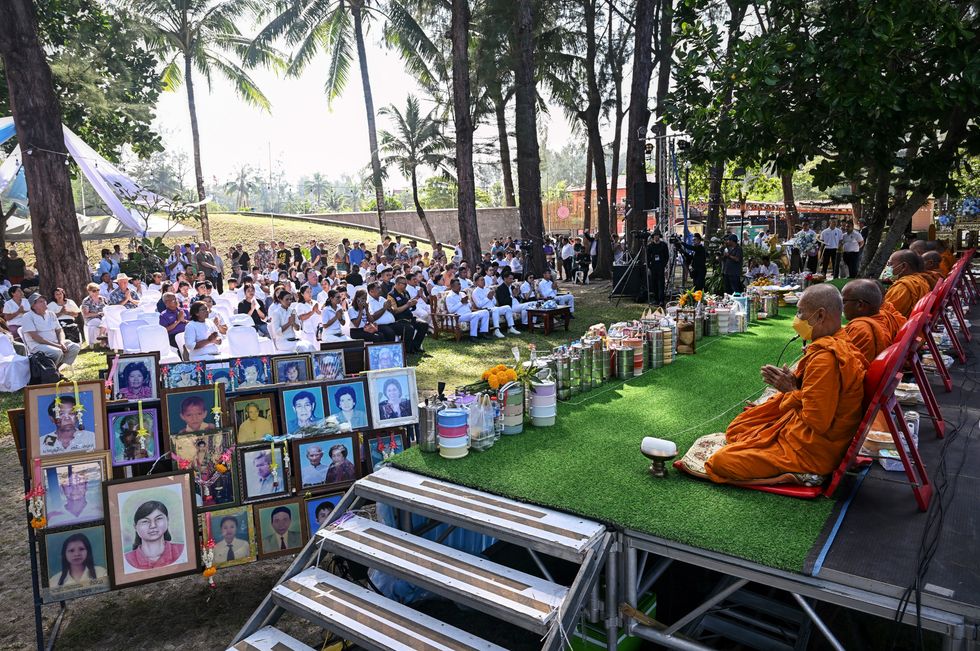AROUND 100 British nationals have left Gaza for Egypt via the Rafah border crossing and 14 UK citizens have died in the conflict between Israel and Hamas, a minister said on Monday (6).
There were also "three British nationals who are unaccounted for", said energy security secretary Claire Coutinho, adding that it did not "necessarily mean that they're hostages, but at the moment we're not sure where they are".
The Rafah border crossing opened on Wednesday (1), allowing a trickle of wounded Palestinians and people with dual nationality to leave, all desperate to escape Israel's bombardment of Gaza, which is run by Hamas.
Egypt has said it would help evacuate 7,000 foreigners through the crossing.
But Hamas said late on Saturday (4) that the evacuation of dual nationals and foreigners was being suspended until Israel allows some wounded Palestinians to reach Rafah so they can cross for hospital treatment.
The total number the UK is trying to secure passage for is thought to be in the low hundreds.
As many as 200 British nationals and their dependents in Gaza are registered with the authorities to leave.
Britain's foreign ministry, meanwhile, said some embassy staff and family members had been temporarily withdrawn from Lebanon due to the "security situation" in the region.
"There are ongoing mortar and artillery exchanges and air strikes in South Lebanon, on the boundary with Israel. Tensions are high and events could escalate with little warning," it said.
On Sunday (5), deputy prime minister Oliver Dowden urged the reopening of the Rafah crossing.
"Over 100 UK nationals were able to cross out of Gaza into Egypt through the Rafah crossing. It is very disappointing that the crossing was closed yesterday (Nov. 4)," Dowden told the BBC.
"We are engaging very closely and we're hopeful that the crossing will reopen again today enabling further UK nationals to leave."
Britain has urged humanitarian pauses in Israel's bombardment of Gaza, but has not called for a full ceasefire, saying Israel has a right to protect itself after Hamas launched the deadliest attack on Jews since the Holocaust last month.
Asked about comments by home secretary Suella Braverman that pro-Palestinian protests in London were "hate marches", he said that there had been hateful conduct in some slogans that had been chanted, especially ones that can be interpreted as denying the right of Israel to exist.
"What the other people attending those marches need to ask themselves is: are they inadvertently standing alongside those people that are preaching hate," he said.
Dowden added he had "grave concerns" over whether it was appropriate for more marches to take place next weekend, when commemorations for Armistice Day - the anniversary of the end of World War One - are also planned.
(Agencies)






 Monks sit on a stage next to portraits of tsunami victims as people take part in an interfaith ceremony at the Ban Nam Khem Tsunami Memorial Park in southern Thai province of Phang Nga on December 26, 2024. (Photo: Getty Images)
Monks sit on a stage next to portraits of tsunami victims as people take part in an interfaith ceremony at the Ban Nam Khem Tsunami Memorial Park in southern Thai province of Phang Nga on December 26, 2024. (Photo: Getty Images)













